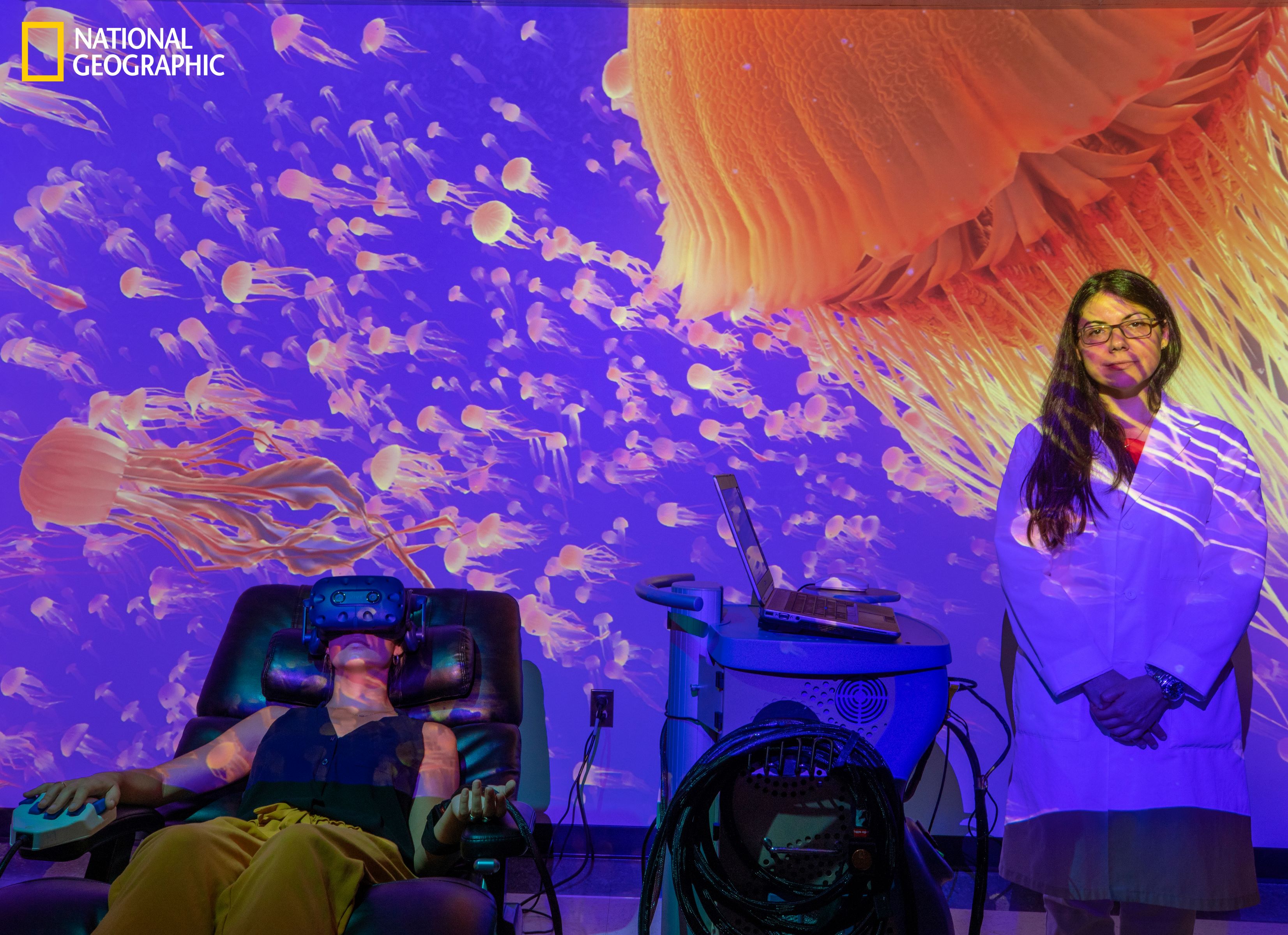
Spotlight on PBO Center
A Patient's Guide to Pain Management
U.S. News & World Report8 Faculty, 3 Years of Lifesaving Collaborations
Maryland TodayThe Role of Placebo in Virtual Reality for Pain Management: A Conversation with Luana Colloca
International Association for the Study of PainPain Decoder: Little Italy parishioner leads research
Catholic Review (see pg. 25)Maryland Professor Luana Colloca Recognized with Lifetime Achievement Award
The Sbarro Health Research OrganizationPlacebos work. Why?
The Unexplainable PodcastA Newly Discovered Neural Circuit for Placebo Pain Relief
Migraine Science CollaborativeThink you are sick? It may be the nocebo effect.
The Washington PostHarnessing Placebos for Enhanced Recovery
Sensory Approach to Manual Therapy PodcastThe Shocking Power of the Placebo Effect!
The Really? No, Really? Podcast with Jason Alexander and Peter TildenTricking the brain when it comes to pain
WMAR-2NewsI Hate Running. I Trick My Brain Into Doing It Anyway.
The New York Times¿Por qué está aumentando el efecto placebo?
El PeriodicoOpen-Label Placebo Analgesia Blocked by Naloxone
International Association for the Study of PainThe Powerful Placebo
NIH News in HealthMPower Professor Profile: Luana Colloca, MD, PhD, MS
University of Maryland Research RoundupDr. Luana Colloca
9' to Thrive with NavinA Cold Plunge for a Mental Boost
New York TimesHacking the Placebo Effect with Luana Colloca, MD, PhD, MS
Physicians Guide to DoctoringChronic pelvic pain mechanism, neuroscience education and physiologic in clinical practice
International Continence Society PodcastWhat a Harvard Placebos Expert Has to Say About Improving Erections
Hard Conversations